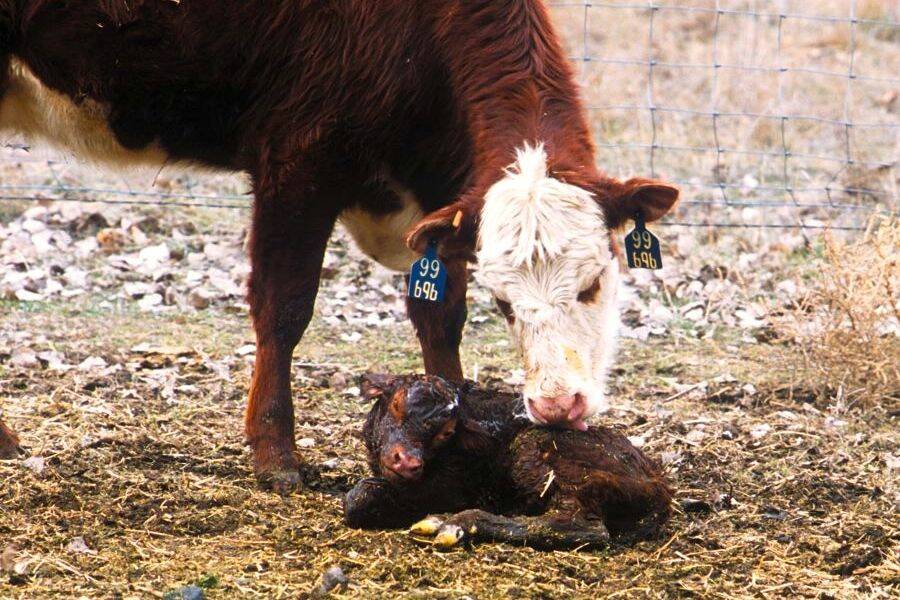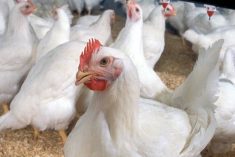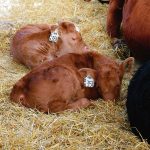Australian scientists are working to artificially produce the urine of wild dogs, hoping to keep other wild dogs away from humans and prevent them from destroying livestock, avoiding losses that mount into millions of dollars every year.
Researchers say the chemical message in the urine of dingoes, as the wild dogs are known, insists “this is my territory, stay out” – creating a “bio boundary” that the dogs and other wild animals cannot cross.
“We hope it would be a nonlethal tool for the management of dingo in Australia,” said Alan Robley, senior research scientist at the Department of Sustainability and Environment, a government-funded research institute.
Read Also

Scours doesn’t hibernate: Infectious risks for cold weather calves
Identifying specific pathogens and management flaws is essential for effective calf scours treatment and prevention on your farm.
“You can use this non-lethal barrier to keep animals out of where people don’t want them – in their backyards or those sort of urban areas where towns are encroaching into the bush (wilderness), or on a farm where there are sheep and where dogs are coming in and attacking their sheep.”
Animals use chemical messages all the time to advertise their social status, whether or not they are sexually available and ready for reproduction, and things about their food. The messages come through the chemicals they excrete.
Scientists collect urine from captive dingoes – male and female, adults and juveniles – held in private collections around Australia. The urine is then sent to a laboratory where they can extract the molecular signature of the different chemicals that make up the urine.
The chemicals are reproduced and presented back to the animals under test conditions to see how they respond.
It’s believed that wild dogs cause roughly A$64 million damage to livestock throughout Australia each year.
















